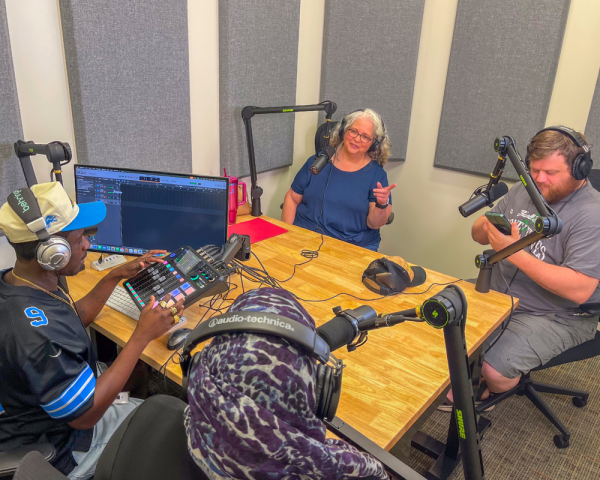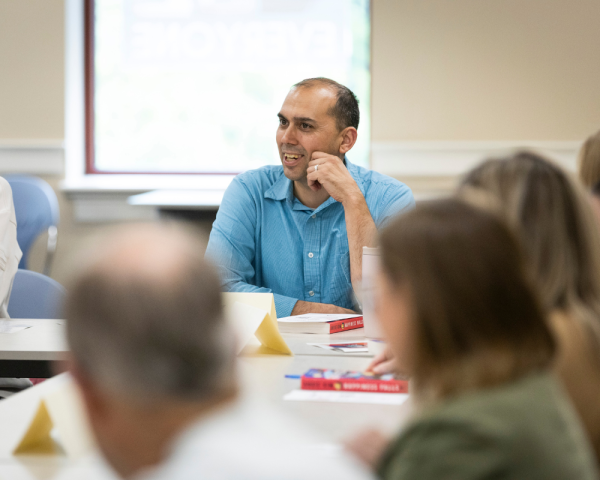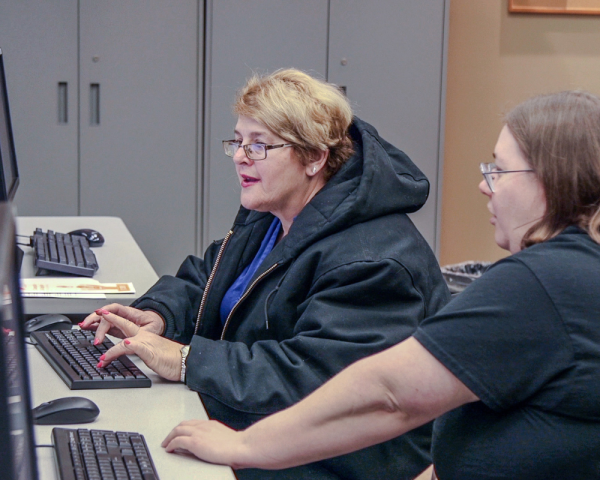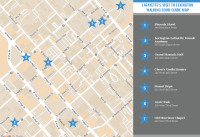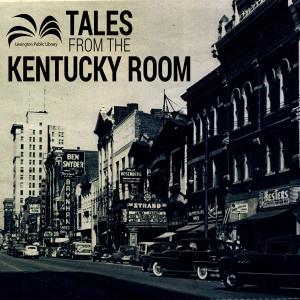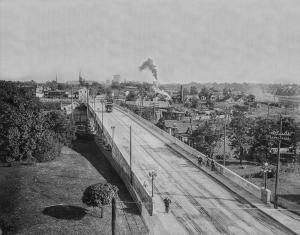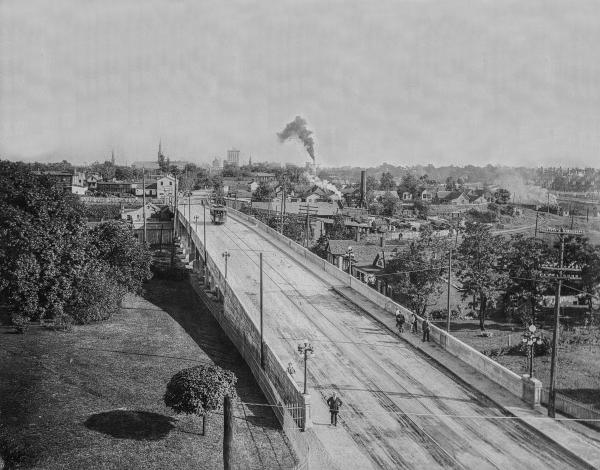

Website Search
The Luna Library, a program of Believing in Forever, collects and distributes children's books with an African American history or Black character focus. It is an alternative for African American parents looking for books that provide context and knowledge to understand the stories of the African American experience in this country for their children. Believing in Forever is a champion of diversity and inclusion, and the positive impact books have on children of all races.
Scanners
Use these to scan and digitize documents, family photographs, and other print items.
The Northside Digital Studio has 32 GB flash drives that are available for purchase, but you may need to bring additional storage depending on the size of the project.
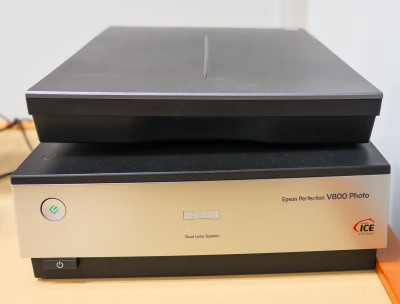
Join us for a walking tour of the places the Marquis de Lafayette visited in downtown Lexington in 1825!
Tour Length 1.76 miles
The music clips used in this tour are from “Walking Barefoot on Grass” by Kai Engel, and are used with a CCBY license. It is available here.
Celebrate Lexington, Kentucky’s 250th anniversary this April with a full month dedicated to the history and heritage of music, poetry, and literature in and around Lexington with events hosted by the Lexington Public Library, the City of Lexington, 21c Museum and Hotel, the Carnegie Center for Literacy & Learning, Institute 193, and the Pam Miller Downtown Arts Center.
We stand for free and open access to information. That starts with removing unnecessary barriers to our educational resources and technology. The Lexington Public Library no longer charges fines or fees for late, lost, or damaged material.
Come to Northside for a sneak peek of the Vibes & Vision 2026 Showcase! The showcase will feature local organizations and performers, as well as student performances of music and dance. Our Open Mic sneak peek will include a preview of some of the performances happening on the day of the Vibes & Vision 2026 Showcase, plus the opportunity for you to perform as well!
Discover your voice and express yourself through words and music. Learn how to write lyrics, craft poems, and rap with confidence. Explore studio basics, from recording and mixing to sharing your tracks. Build performance skills and stage presence to showcase your art. Dive into the business side of music, including registering your songs with BMI and uploading them online.
This hands-on workshop is designed for content creators who want to elevate their visual brand using Canva. Whether you’re an artist, influencer, entrepreneur, or creative just getting started, this class will walk you through the tools needed to design clean, professional-looking content without prior design experience.
Wonderful podcasts and walking tours have been created by our staff. Please enjoy!
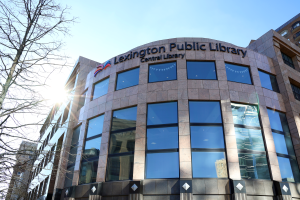
Monday-Thursday: 9:30am-7:00pm
Friday: 9:30am-6:00pm
Saturday: 9:30am-5:00pm
Sunday: 1:00pm-5:00pm
140 East Main Street
Lexington, KY 40507
How can we help you? We've gathered a variety of resources for readers, students and educators, job seekers. entrepreneurs and nonprofits, and English language learners. Request items from other libraries through interlibrary loan.
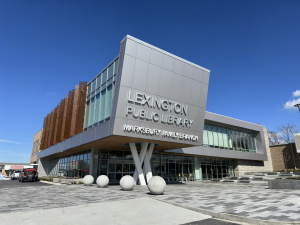
Monday-Thursday: 9:30am-7:00pm
Friday: 9:30am-6:00pm
Saturday: 9:30am-5:00pm
Sunday: 1:00pm-5:00pm
2197 Versailles Road
Lexington, KY 40504
Everyone deserves a place to discover something new. The Lexington Public Library stands for free and open access to information. We’re a safe, welcoming space for neighbors to come together — opening the door so all Lexingtonians can find what they’re looking for.
A local history exhibit commemorating 250Lex from March 21 to July 13 at the Central Library Gallery, 140 East Main Street. The exhibit includes items from the library’s own Kentucky Room collection as well as loans from the Lexington History Museum, Keeneland, the University of Kentucky, and local residents.
Casandra Hockenberry is a Program Manager with The Council of State Governments Center of Innovation, where she works across a broad number of initiatives at the crossroads of data, technology and improved outcomes for citizens. She manages the Apprenticeship Data Alignment and Performance Technical Assistance Center, which is dedicated to assisting states to improve their data collection on apprentices in order to support successful programs throughout the country, the Overseas Voting Initiative, which researches ways to improve the voting process for military and overseas citizens.


